Fuel holding tank
Tank Cleaning
Fuel tank cleaning is a process of removing contaminants and impurities that accumulate inside the fuel tank. Over time, sediments, water, and other impurities can accumulate in the fuel tank, which can adversely affect the performance of the engine. During the fuel tank cleaning process, the tank is emptied of fuel, and the sediments and impurities are removed using specialized equipment and techniques. This process helps to ensure that the fuel system runs efficiently and reduces the risk of damage or breakdowns caused by dirty fuel. Regular fuel tank cleaning is an important part of preventative maintenance to keep the fuel system running smoothly and to avoid potential problems caused by dirty fuel.
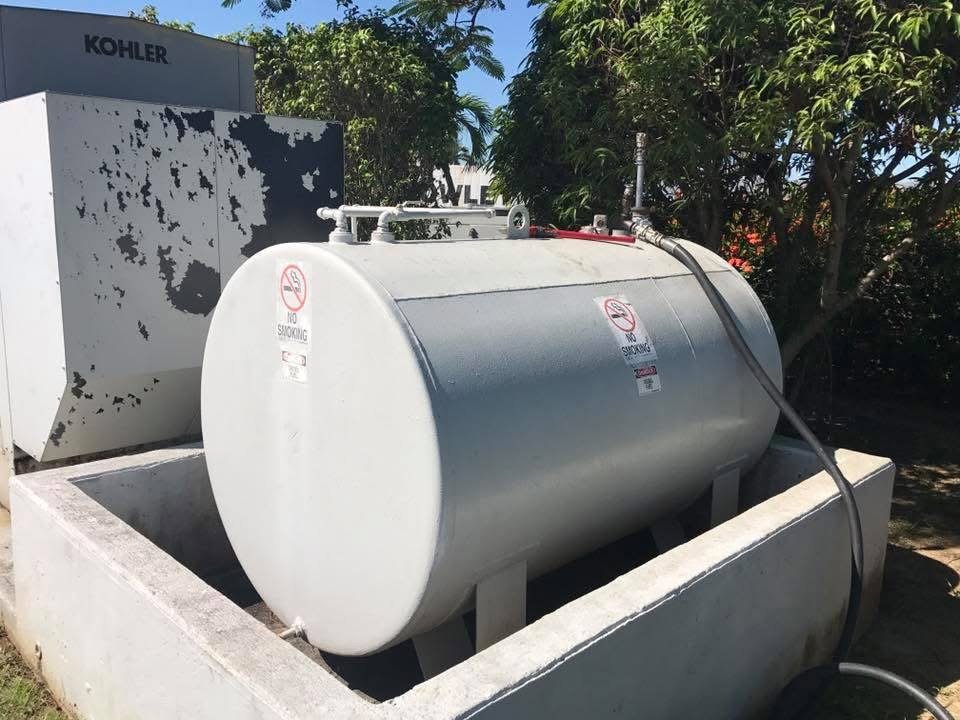
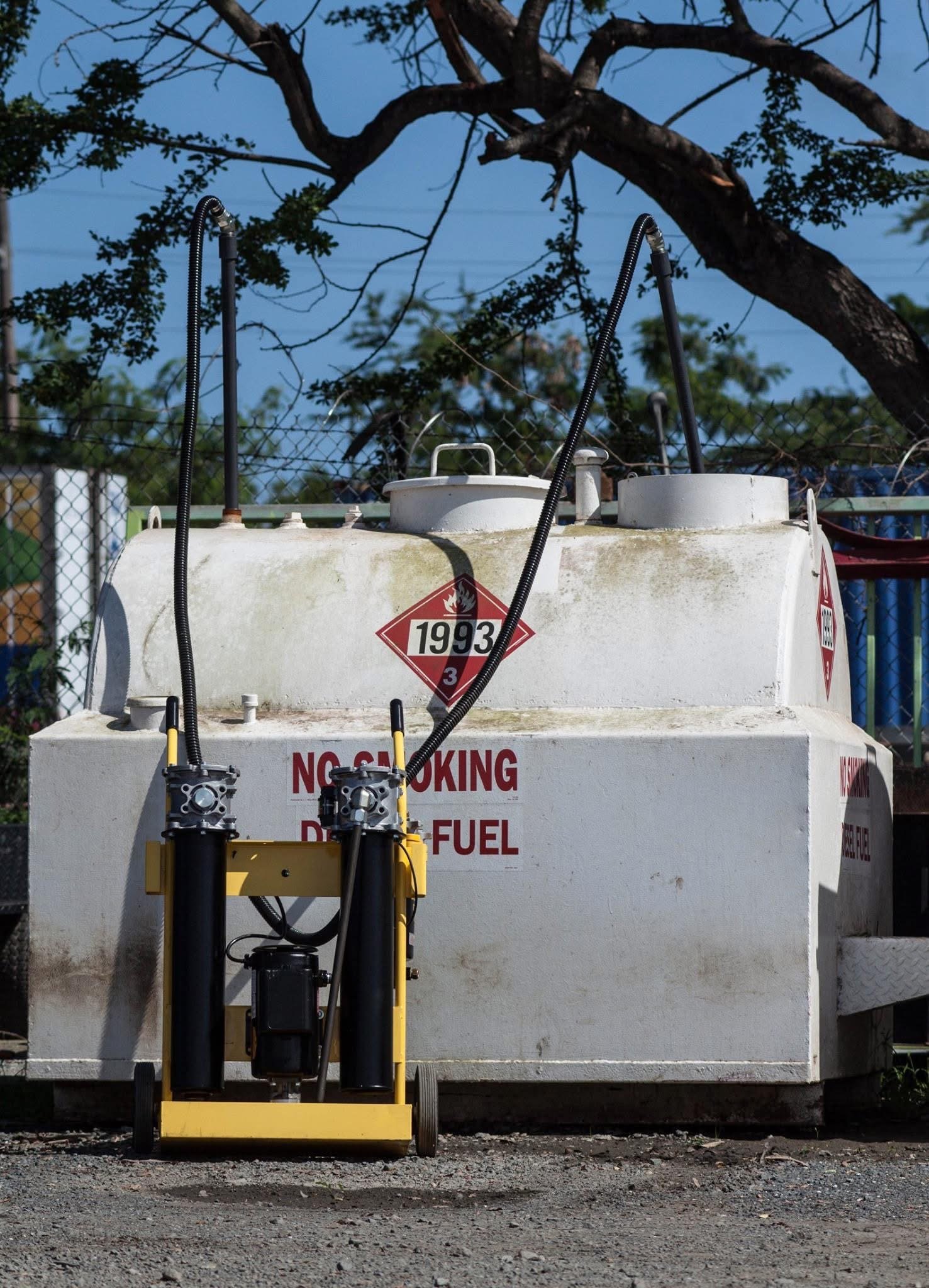
Commercial fuel service, and maintenance
Your maintenance
Commercial fuel service and maintenance typically involves a range of services and activities that are designed to ensure the smooth and efficient operation of commercial fuel systems. Here are some of the common services and maintenance activities that may be included:
• Fuel delivery
• Fuel quality control
• Fuel tank maintenance
• Emergency response
• Preventative maintenance
Commercial fuel service and maintenance is essential for ensuring that commercial fuel systems are safe, reliable, and efficient, and that they operate in compliance with relevant regulations and standards.
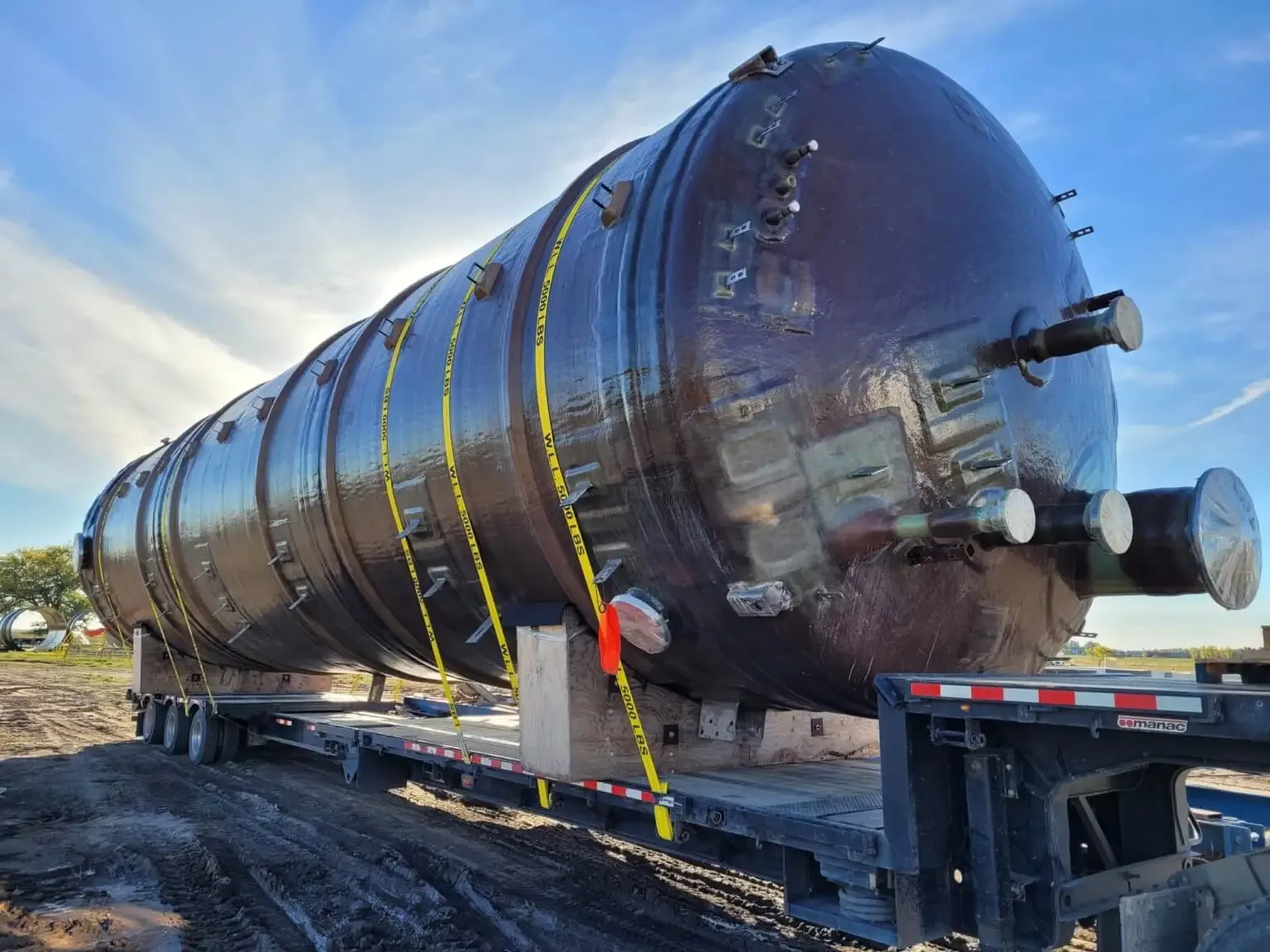
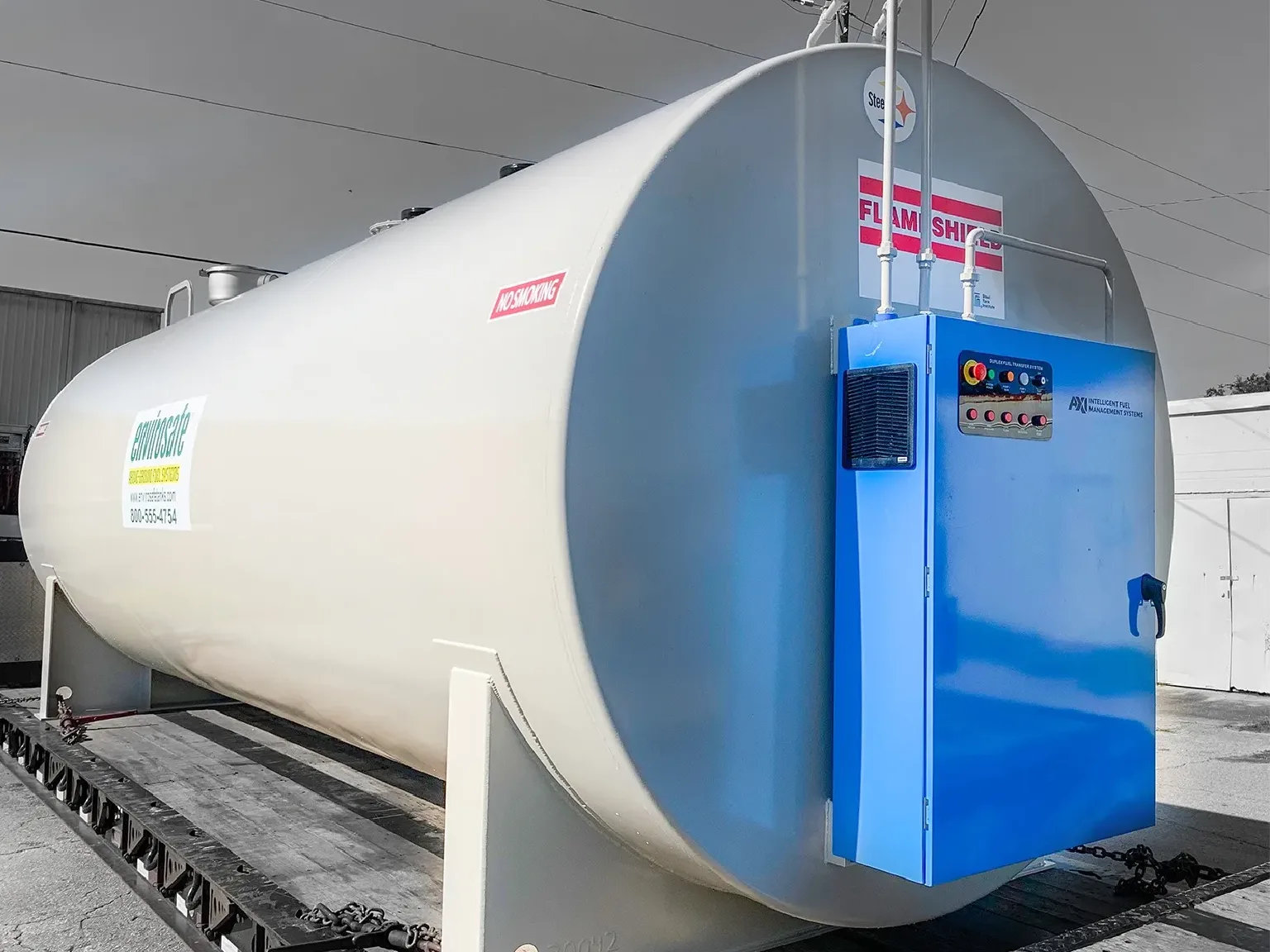
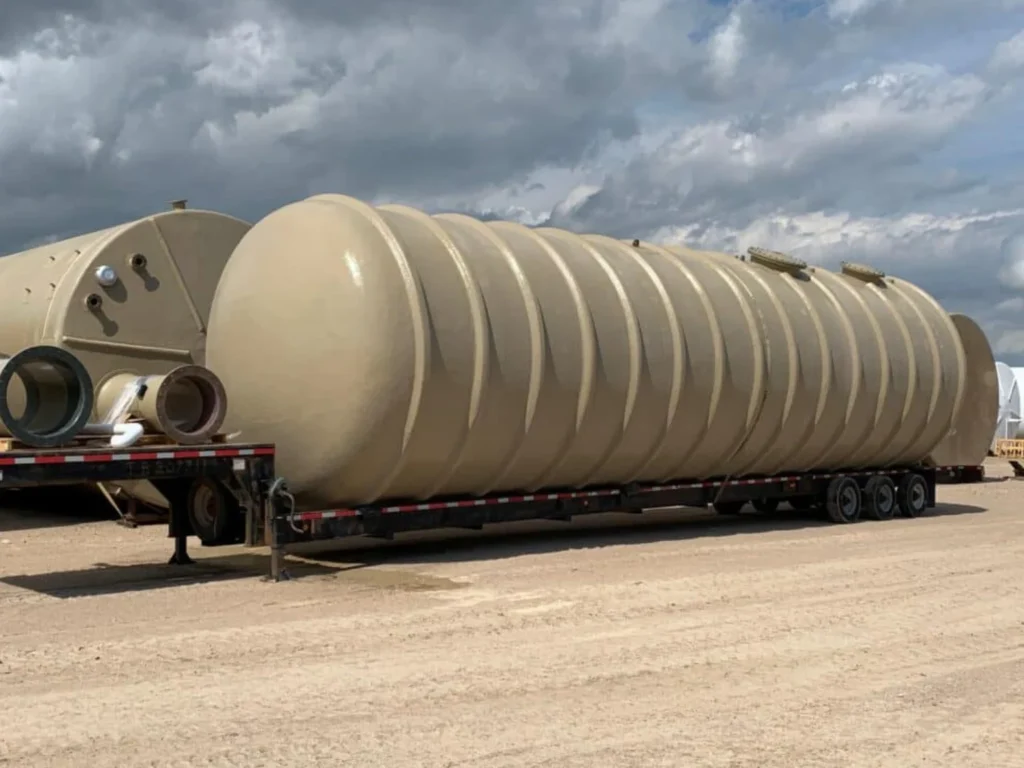
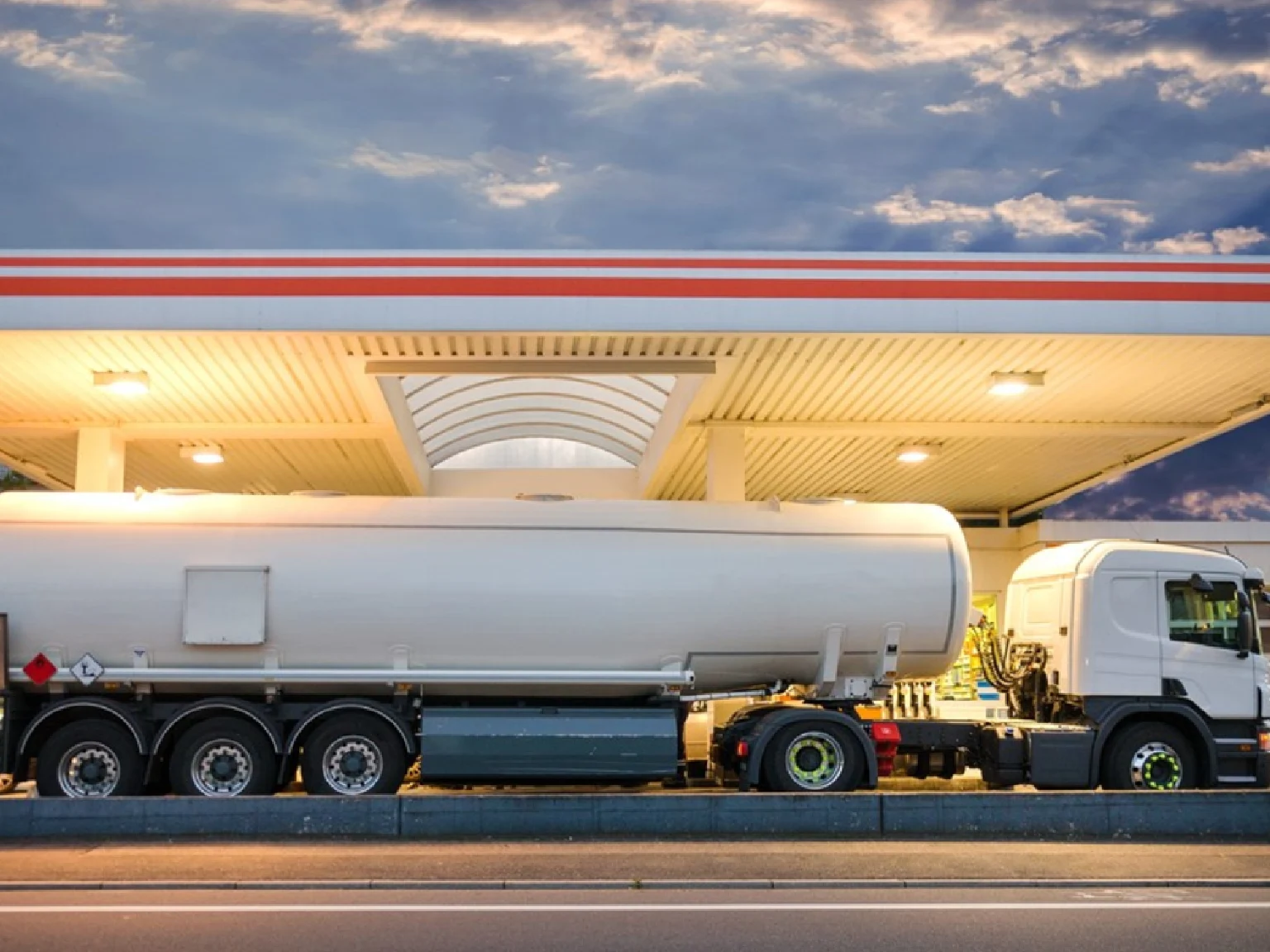
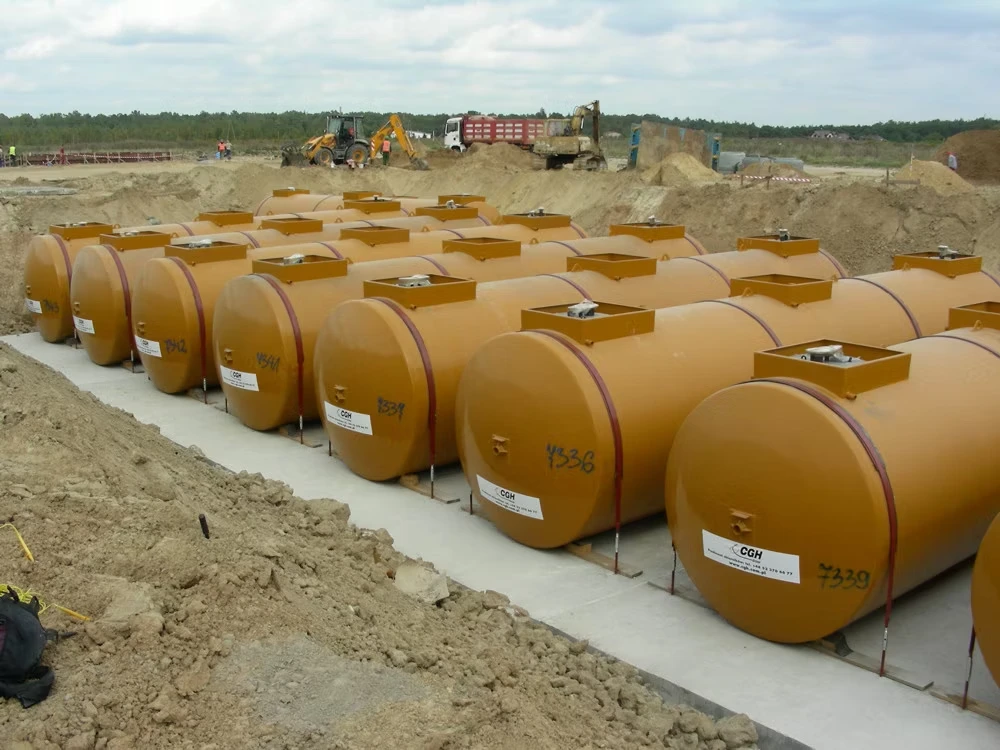
FUEL
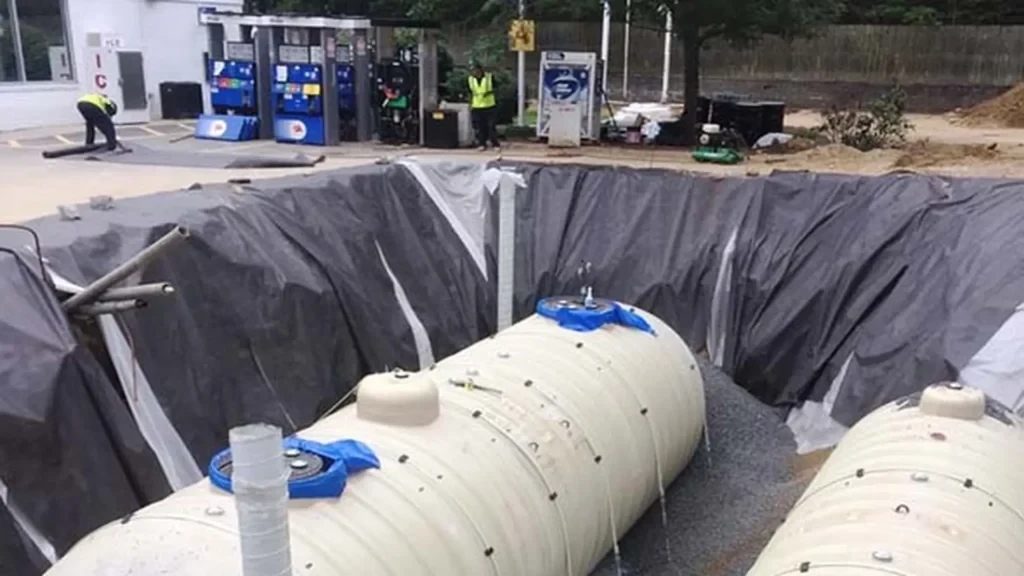
Fuel Sampling and Testing
Sampling should be done annually, biannually, or quarterly, depending on the situation. Samples should be drawn from the bottom of each tank as this is where sludge, water, and particulate matter will settle. This sample will provide a visual inspection of the fuel and will indicate any obvious problems.
If contamination is evident, on board testing can pinpoint the problem.
Onsite Diesel Tests
Our tests asses five critical areas, they are:
Clarity
Evidence of sludge, mold, bacteria and other contaminants
Water
Free standing water accumulates on the bottom until stirred up
Moisture
Fuel appears hazy
Mold
Active growth results in 48 hours
Bacteria
Active growth results in 72 hours
If significant free standing water is evident an additional test can be done to identify the depth/volume at the bottom of the tank.
Actual mold and/or bacteria growth must be addressed immediately. A quality biocide should be used to kill the microbial growth. Frequently the growth is so pervasive that strands of the bacteria can be seen growing in the glass bowl of your fuel/water separator as well as mold attaching itself to the sides and top of your tanks.
A visual inspection of the inside of the tank using a color micro inspection camera can be done if a heavy indication of mold or bacteria is detected.






 Total views : 3318
Total views : 3318